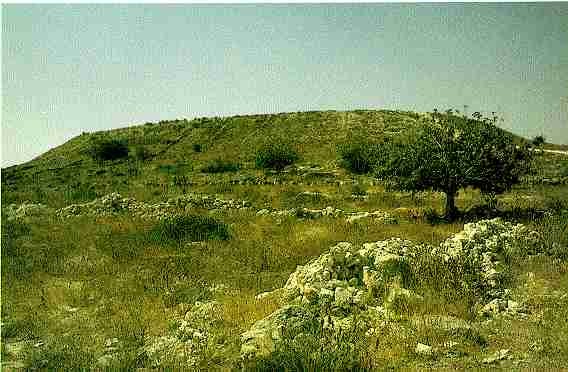I am starting Judges today and will continue for nine more days. Moses died and had his replacement in Joshua. Joshua dies and there is no one to replace him. What transpires is interesting and we call it the book of Judges. What happens when there is an absence of leadership? Someone will arise.
I am starting Judges today and will continue for nine more days. Moses died and had his replacement in Joshua. Joshua dies and there is no one to replace him. What transpires is interesting and we call it the book of Judges. What happens when there is an absence of leadership? Someone will arise.
Judges 1-The two tribes enveloped within each other make a pact with each to fight for each other until their land is cleared of all the “-ites.” Simeon fights for Judah, then Judah reciprocates and fights for Simeon. They destroy all in the land, almost. That is the epitome of syncretism–“almost.” We have gotten rid of almost all our sin . . . destruction seems to loom in the syncretic philosophy.
If God was going before them (end of Joshua), why couldn’t Judah drive out the inhabitants of the plain (19), why couldn’t Benjamin drive out the Jebusites (21), why couldn’t Manasseh drive out Beth-shean, Taanach, Dor, Ibleam, Megiddo (27), and et al? Does making them your slaves count as destroying them? This is indeed the chapter of the “almosts” or the “did nots.” It seems there were small pockets, seemingly insignificant to the Israelites (with the exception of the overwhelming chariots), and all would later become points of contention and destruction for the Israelites. This raises the question: What areas of our lives are we not destroying because they appear to be too strong or too insignificant? These are our pet sins or worst habits. It returns the topic to the question: Why did the Israelites fail in occupying the land?
Caleb gives his daughter to marry his youngest brother’s son–his nephew.
This brings us to the answer.
Judges 2-The Israelites did not obey God’s command. When we disobey His commands, we tend to lose the power or the will to do the great things He has planned for us (2 Corinthians 10.12-13 implies this). The only power we have is after we have repented and returned to what He has commanded and called fur us to accomplish.
Isn’t verse seven a bit haunting? Look at it closely and you can see what it implies. As long as Joshua or those who remembered (remember this is a key word in our faith) Joshua were alive, the Israelites did what God commanded. The implication is when those who knew Joshua died, so did the remembering of all that God did for them. When this happens, sin follows. This is not the first time God introduces this concept in the Bible. Another example is when the Pharaoh who knew Joseph had been replaced by another leader who did not know Joseph, the Israelites were enslaved (Exodus 1).
We don’t have to read too much further to remove the implication and find that God states it plainly, read verses 11ff. The pattern we see established here will be presented throughout the book. It is, Relapse, Retribution, Repentance, Rescue, and Rest. They/we go back into sin, God judges us for not trusting Him, we repent of our sins, He rescues us from that which oppresses us, we then have a period of growth, but, then, because we do not remember what He has done for us we return to our former ways. This cycle repeats for as long as we refuse to truly honor the Sabbath day of remembering what God has done for us, repenting of those things we did for us and not for Him, seeking His wisdom in how to conquer them, and asking Him to guide you to do those things that He has commanded you to do. When we can look back on our week and say “It is good,” like He did, then our lives are in alignment with His will. When we look back and see that it is not all good, then we repent, plan, and rely on Him to make the next week “good.”
How good is your week?
